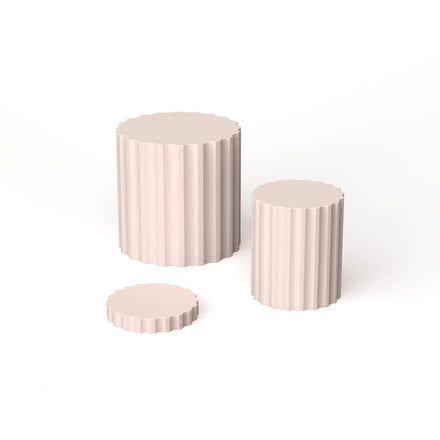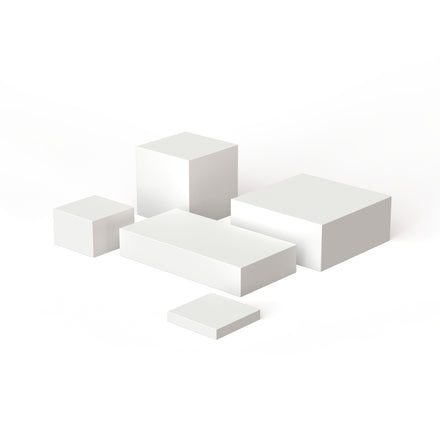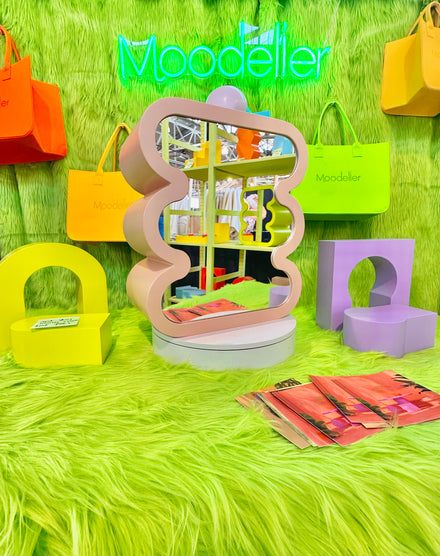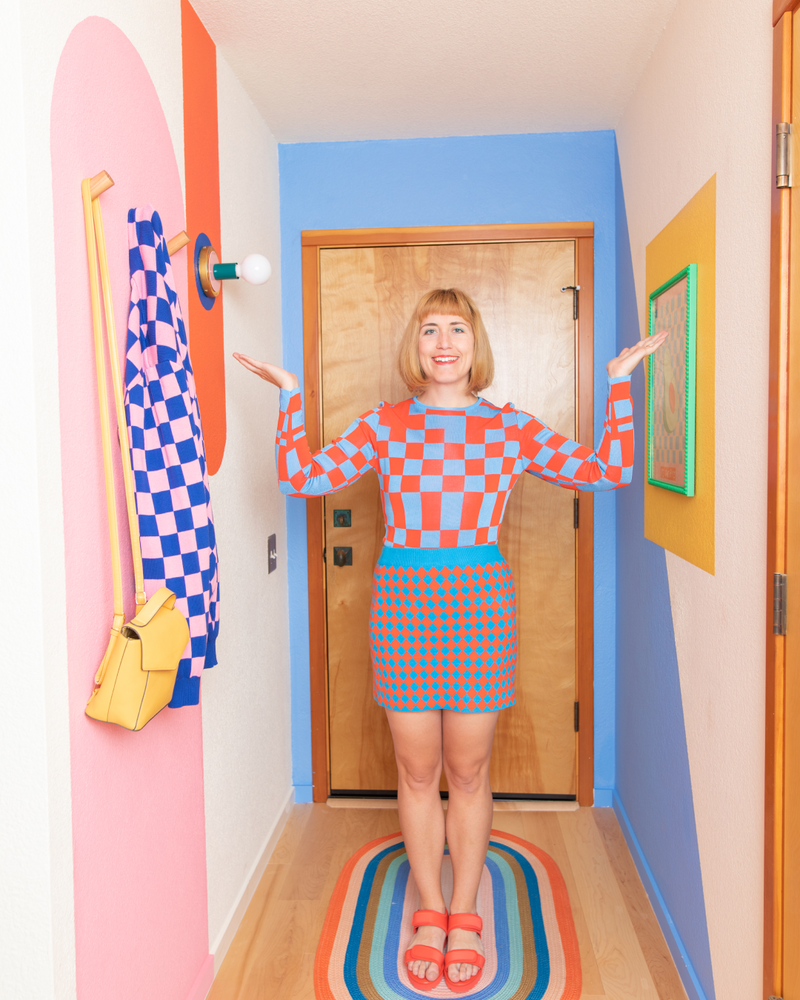We also believe in the power of repurposing - so lace, kitchenware, glassware, home goods… they can be used just as easily in your home, as they are for your shoots! So, don’t be afraid to repurpose those props for your home, while saving on storage space and the unnecessary expense of buying duplicates.
7 Wise Investments for Your Creative Business in 2022
*Just a quick note to say that we are in no way licensed financial professionals, CPAs or accountants. This advice is based on our personal experience, and we recommend reaching out to your own accountant or tax professional.*
1. Beautiful objects and props
If you are a visual creator, props or beautiful objects are a great thing to invest in. Not only will those pieces of yours help make your life a lot easier, but you can actually use those very same props and pieces to turn a profit in your business.
Additionally, by owning those pieces, you have the opportunity to rent them out to local creatives for daily or weekly rates. The truth is that you won’t be using your props every single day or week of your creative life - so why not make the money when you can?
We actually wrote an entire blog about how to make your investment back on your props and pieces. Click here to read it!
2. Studio space
Sure, it might sound nice to have a studio space - but it’s actually a financially wise decision, too. By securing your own studio space, you’ll have the room you need to create your own work. But on the days you aren’t shooting or creating? You can rent it out!
We’ve personally had a lot of success on Peerspace - and if you have a studio space in your own home, don’t be afraid to go so far as to list that portion of your home on Peerspace, too. Just make sure your rental agreement allows it!
3. Home decor
One of our favorite things about running a creative, visually-centered business is the fact that the spaces you shoot and create content in can count financially towards your business. So, the decor you purchase for your studio, office or filming space can actually be partially counted as a business expense. (Save those receipts!)
We also believe in the power of repurposing - so lace, kitchenware, glassware, home goods… they can be used just as easily in your home, as they are for your shoots! So, don’t be afraid to repurpose those props for your home, while saving on storage space and the unnecessary expense of buying duplicates.
We have written a blog post about how to create an instagram worth home office and shared some of our go to places of our favorite decorations.
And in case you need a starting point for your in-studio or at-home creative decor, check out our Moodelier Home series.
4. Your wardrobe + accessories
If you’re a content creator whose income is dependent on… well, creating content, you may be able to expense your wardrobe purchases that are used for creative and business content.
Just make sure to keep all of your receipts - anything above $250 absolutely must have a receipt to show proof of purchase. But we recommend just having the receipts always, because it never hurts.
Investing in coaching calls or mentorship sessions with leaders in your industry can be an incredible thing for your business.
5. A good coworking space
While the monthly overhead might be pricey, if joining a coworking space is doable for you and your budget, it’ll be well worth the investment. Coworking spaces allow you a change of scenery, and the incredible opportunity of meeting and connecting with other business owners and creators, which can reap huge benefits for the longevity and success of your business.
6. Online education
Instead of figuring everything out on your own, it might be worthwhile to invest in a course or resource that’ll teach you the how-tos of the specific subjects you want to learn about.
If you think about it, teaching yourself how to do something can take a ton of time - and time is money, right? So, if you’re able to afford a course that’ll bring value to your creativity, work and business, treat yourself. Most courses are self-paced and will allow you to take and retake them over time, which makes for a quicker, simpler and more streamlined learning experience.
And since we’re here, we thought we should mention that we know of two fantastic courses from two incredible creators.
Creating Hero image for brands with Color Collective
Brand Botany 101 by Kelsey MCormic
7. Mentorship from industry experts
We creatives have the tendency to try to do things all on our own - and while it’s valiant to do so, it’s not always possible. Investing in coaching calls or mentorship sessions with leaders in your industry can be an incredible thing for your business. Those mentors can teach you how to grow your business and hone your skills, while avoiding the setbacks and mistakes they made themselves.
Don’t know where to start? Check out intro.co for coaching calls! You might be surprised to see how many creative business leaders are on the platform and available to meet with.
Let’s discuss the things you already spend money on, and how to make money from them.
Platforms + Subscriptions
In case you didn’t already know this, those platforms and subscriptions you pay for in order to run your business and create actually qualify as business expenses. Which means that they help you come tax time, which makes us very, very happy.
If you’re in the market for some helpful tools, we love:
- Notion ($8/month): For planning, documentation, organization and collaborative work.
- Canva (free, or $12/month): For those who lack a design background, but want to make simple graphics for social media.
- Figma ($12/month): For those with design backgrounds and experience using photoshop + Adobe Illustrator.
Additionally, the things we know you already spend money on?
- Your phone bill: If you conduct business calls and work from your phone, a portion of your phone bill can count as a business expense.
- Your utilities and home or renter’s insurance: if you work from home, a portion of your utilities + insurance can qualify as a business expense.
Services
Even if you’re a solopreneur, it takes a village to run a healthy business. If you outsource to service providers, such as:
- Accountants
- Bookkeepers
- Lawyers
- Virtual assistants
Those invoices and payments can count as business expenses, too! And if you use special (paid) software for those services, make sure to add that cost into the equation.
We hope we helped you breathe one enormous sigh of financial relief with one (or all) of these tips. You can thank us later by visiting us at West Coast Crafts on June 11th and 12th 😏 (See what we did there?)












New Comment